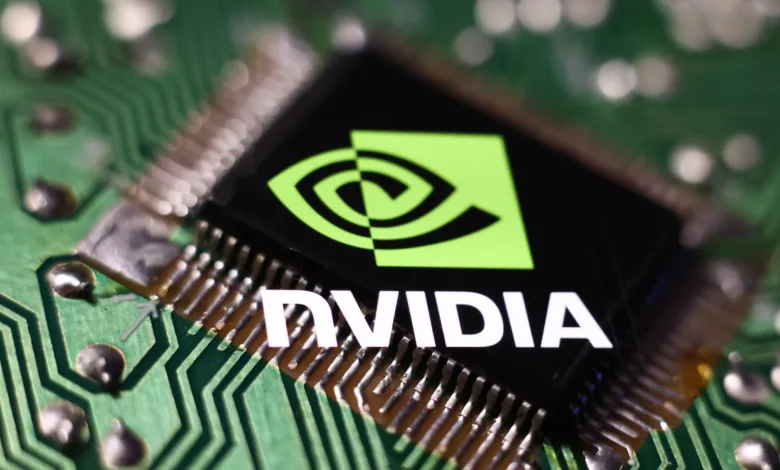
Government Support for Investors
The United States is taking a significant step into the legal arena by supporting a class-action lawsuit against Nvidia Corp, a prominent player in the tech industry known for its graphics processing units. Both the Department of Justice and the Securities and Exchange Commission are appealing to the Supreme Court to reinstate a case that accuses Nvidia of misleading investors about the extent of its revenue derived from cryptocurrency mining. Originally filed in 2018, this litigation has witnessed numerous developments and is now back in the spotlight.
On October 2, an amicus brief was submitted by Solicitor General Elizabeth Prelogar alongside SEC senior lawyer Theodore Weiman. They asserted that the case possesses enough factual basis to warrant a resurrection of the legal proceedings. The brief emphasized that Nvidia’s executives, most notably CEO Jensen Huang, allegedly underreported the company’s dependence on crypto mining revenue during a period when such sales were at their peak.
Highlighting the significance of private actions in securities enforcement, the government has expressed a vested interest in this lawsuit. The Supreme Court is set to hear oral arguments in November, marking a pivotal moment in the case. Previously, the Ninth Circuit Court of Appeals dismissed the lawsuit in 2021 due to a lack of evidence. However, in a split-panel decision last August, it was reinstated upon further review. Investors argue that before the 2018 cryptocurrency crash, Nvidia misrepresented its reliance on crypto mining revenue, with misleading statements from Huang contributing to potential securities fraud.
Allegations Against Nvidia
The crux of the lawsuit is that Nvidia allegedly misled investors about its financial health by not adequately disclosing the extent of its revenue from crypto mining. This lack of transparency reportedly became apparent when the company’s revenue declined sharply following the 2018 cryptocurrency crash. According to investor claims, CEO Jensen Huang was aware of the company’s dependency on crypto sales but chose to publicly downplay this reliance.
Nvidia, in its defense, argued that the investors’ claims were founded on incorrect information regarding the company’s revenue streams. However, investors have presented evidence from former employees, indicating that Huang participated in discussions about the impact of crypto mining on sales. The Third Circuit accepted this testimony, suggesting Huang’s potential complicity in misleading investors.
Legal Implications and Future Steps
The involvement of the DOJ and SEC lends significant weight to the investors’ arguments. They argue that considering an expert’s opinion as sufficient evidence to infer dishonesty could undermine the protective measures outlined in the Private Securities Litigation Reform Act (PSLRA). To demonstrate their commitment to upholding securities regulations, the agencies have requested to be allotted 10 minutes for oral arguments when the case is presented before the Supreme Court.
This case represents a critical juncture for both Nvidia and the broader securities market, as it navigates the complex interplay of technology, finance, and regulatory oversight. The outcome could have far-reaching implications for how tech companies disclose financial dependencies, particularly in volatile sectors like cryptocurrency. As the case unfolds, stakeholders will be closely watching to see how the legal proceedings impact investor confidence and corporate transparency.







